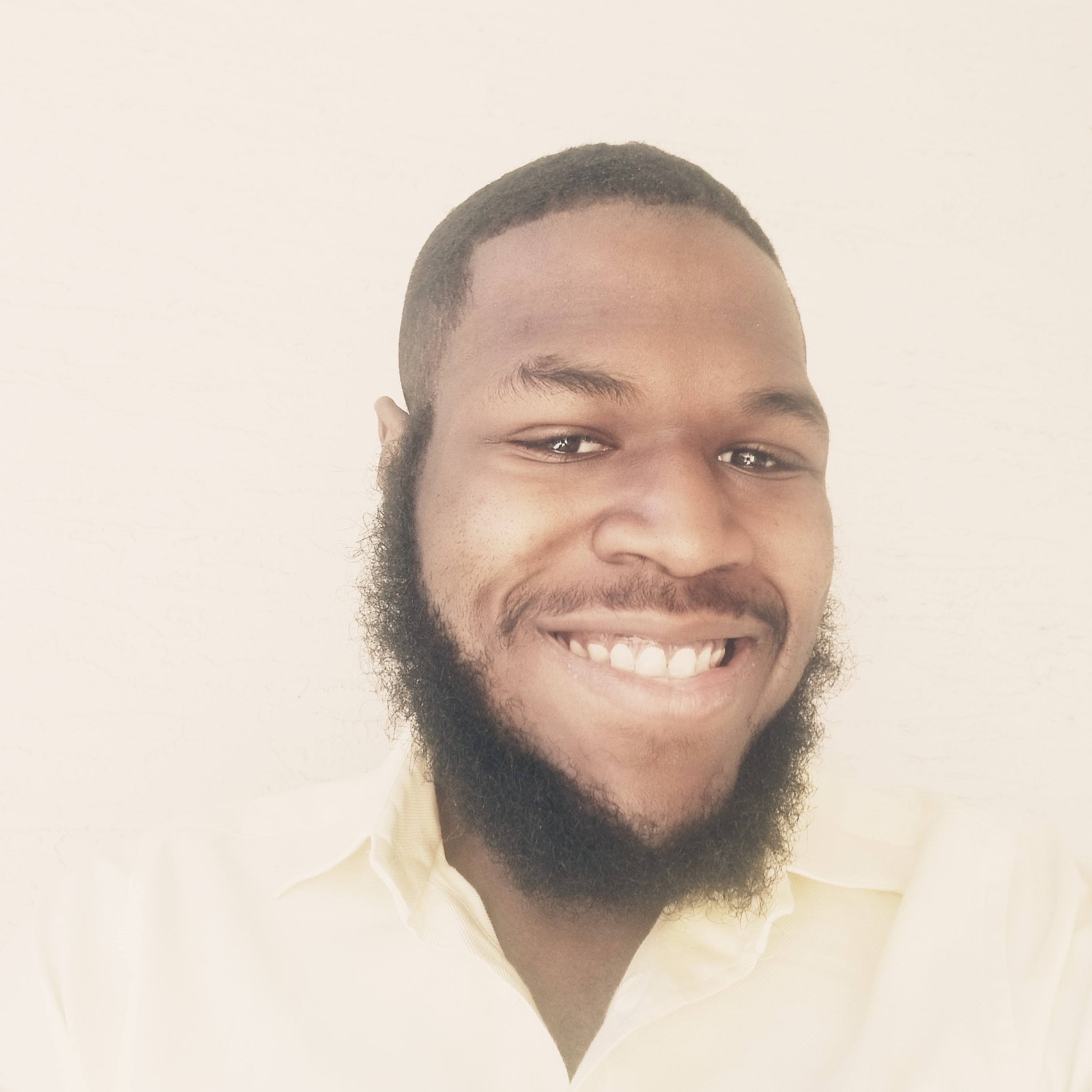With graduation approaching, we are spotlighting our amazing graduating Linguistics majors each day. For our first spotlight, we are highlighting Alex Menager (he/him).
Tell Us a Little Bit About You (how long have you been a Linguistics major, how did you become a Linguistics major, etc.)
I am from Fleming Island, Florida, a suburb of Jacksonville located roughly an hour away from Gainesville. I’ve been a Linguistics major since the start of my junior year, so for the past 1.5 years. As a freshman, I entered UF as a Spanish major, and some of the upper-level coursework I took in Hispanic linguistics during my sophomore year, as well as my positive experiences with LIN3010 (which I took as an elective with Dr. Garner in Spring 2020), prompted me to add Linguistics as a second major going into the 2020-2021 year.
What’s next for you after graduation?
I will be taking a gap year next year. After that, my goal is to go to graduate school at UF, with the ultimate intent of becoming a professor.
What is your biggest achievement as an undergraduate?
I am very proud of myself for being able to take coursework in multiple different disciplines throughout my time at UF. Not only am I a double major in Spanish and Linguistics, but I also have two minors in Latin American Studies and Anthropology. I’ve had the privilege to take so many captivating courses in these areas, and since these areas do have a lot of overlap, I know that my minors have helped me attain a deeper understanding of concepts seen in my majors.
What will you miss most about the UF Linguistics department?
I am planning on continuing to work with the Spanish and Linguistics departments here at UF for a bit of time after completing my undergraduate studies. However, if I were to leave UF for a different school, I would no doubt miss all of the wonderful faculty and staff that I’ve had the pleasure of meeting in my years here.
What advice would you give junior Linguistics majors?
Juniors: In addition to staying on top of your graduation requirements, you need to be proactive about setting aside time for graduate school applications and scholarship opportunities. This way, you aren’t scrambling to handle all of these things during the second semester of your senior year, which–speaking from experience–is no fun at all.
